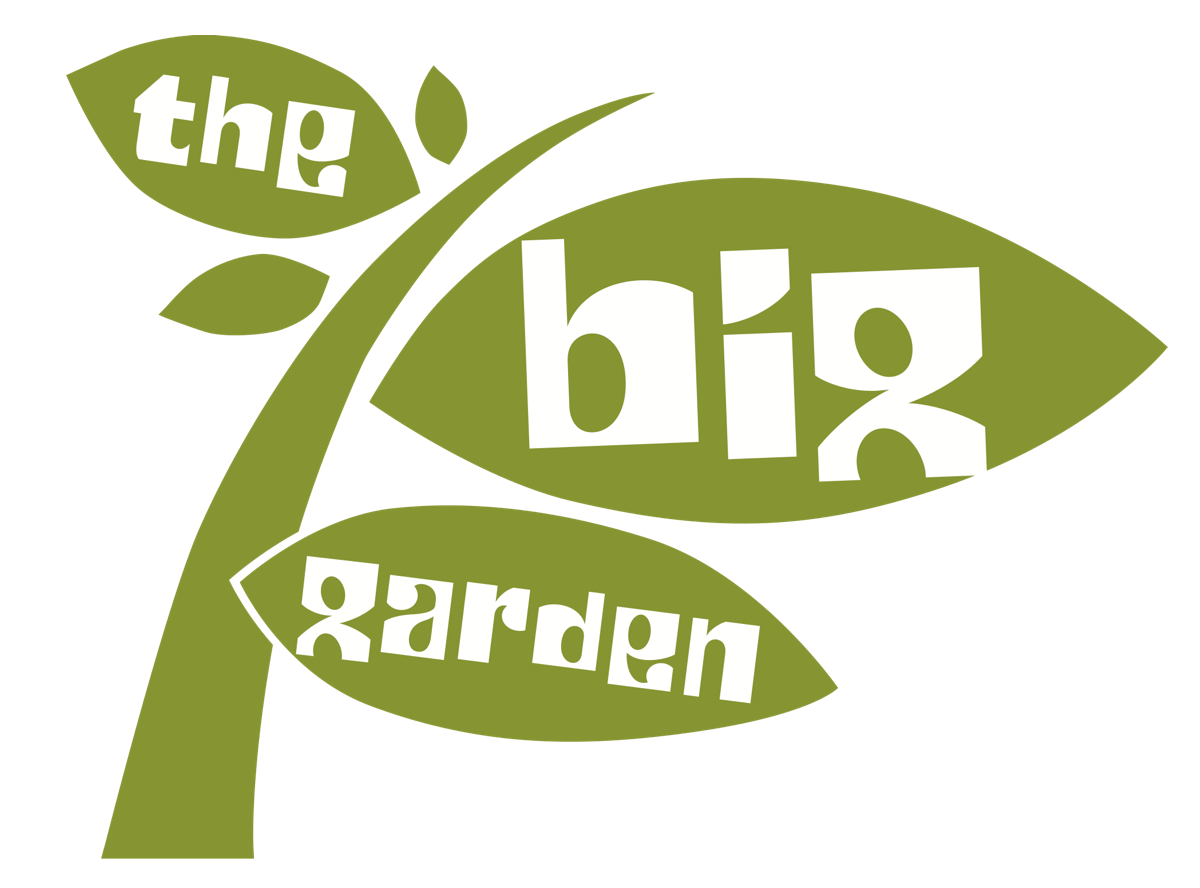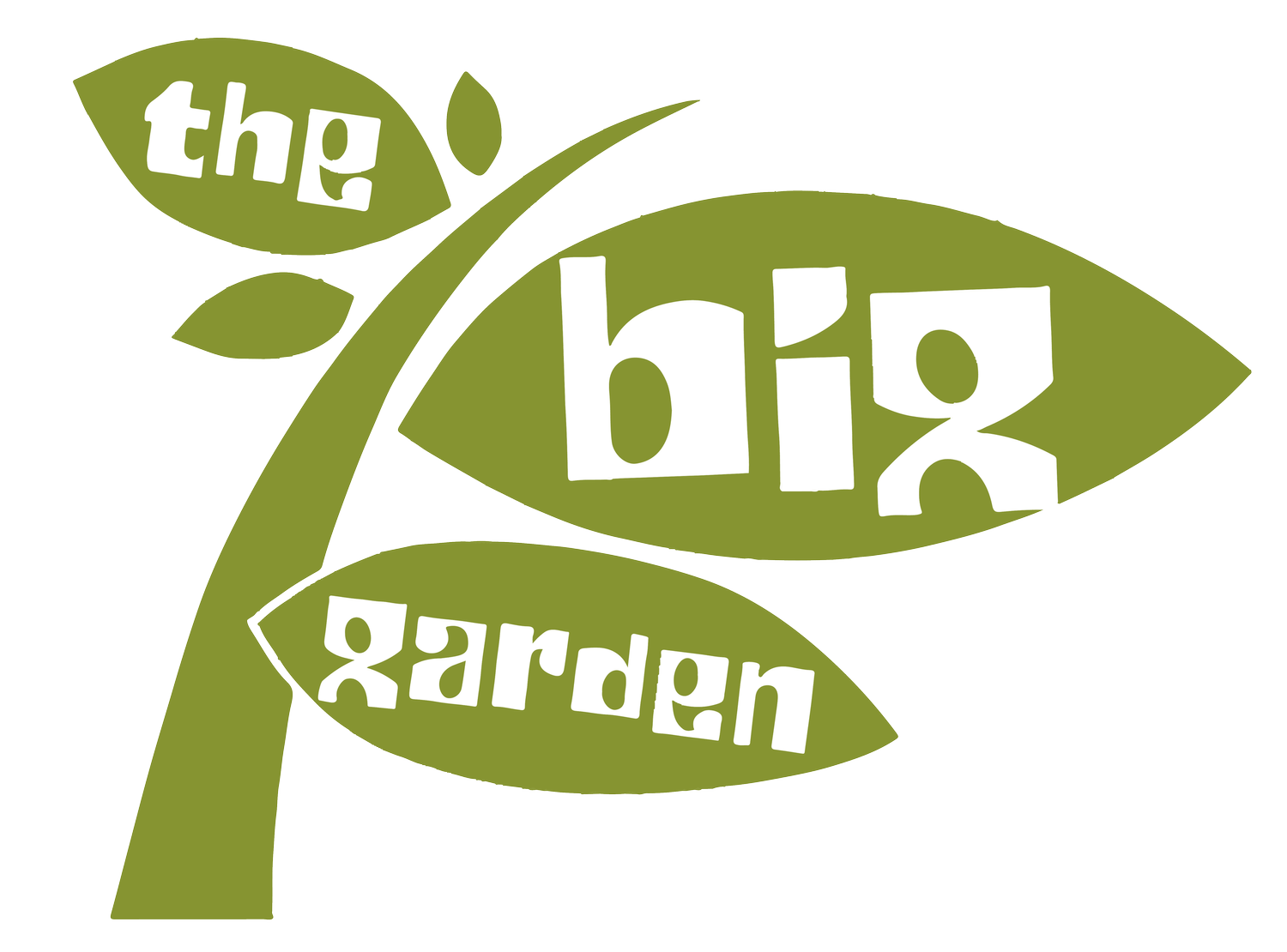Dr. King's Vison for America
by Nathan Morgan, Executive Director
Dr. King's vision was audacious 50 years ago, and it still is today. When 1 in 3 African American children are food insecure, and when the largest food desert in Nebraska by population is centered in North Omaha, there is no way to deny the racism inherent in the current food system. Dr. King's voice still calls us to account for our actions. This is the reality. What are we going to do to change it?
Hunger, in African American communities and others, is not an issue of food production. It is an issue of priorities. What is important to us as a community, as a society? It is painfully obvious that making sure that African American kids don't go hungry is not a priority. We prioritize many things, as a society, but making sure African American kids have full stomachs apparently costs too much.
So much political rhetoric is focused on disparaging the Supplemental Nutrition Assistance Program (SNAP) that keeps food on the table for many low income families. We hear that there is rampant abuse in the program, but this simply isn't true. We hear that private charities will step in and fill the gap if SNAP benefits are cut. Let me assure you, The Big Garden and our partners at food pantries and homeless shelters will work ourselves to death to help those in need, but it is impossible for private charities to make up the difference if there are significant reductions in SNAP benefits. If cuts to governmental food assistance programs become a reality, more people in our community will go hungry. That is a simple fact. Anyone who says otherwise is either misinformed or disingenuous.
Less than 1% of SNAP benefits go to households that are ineligible according to 2014 statistics.
In 2015, African-Americans were more than twice as likely to be unemployed (10%) as their White counterparts (5%).
So, what do we do? We organize. We organize in our churches and our neighborhoods. We contact our elected officials and tell them that they have to prioritize addressing hunger in our communities. That SNAP benefits are a vital to keeping African American kids' stomachs full and that the thought of cutting programs that help the hungry, in this the richest country the world has ever known, is disgraceful. But we don't stop there; we advocate for fairer wages for those who work but don't make enough to feed their families, we call for increased resources for job training because the best ticket out of poverty is a good paying job. I encourage you to keep watching this space, in the coming months we'll be sharing resources that you can use to oppose policies that will mean more hungry people in our communities. So stay tuned.
Dr. King had the audacity to believe that we are better than this. It is long past time that we proved that his belief was not misplaced.
Let's get to work.
P.S. You can find further statistics about African American food insecurity and poverty on the Feeding America website.


